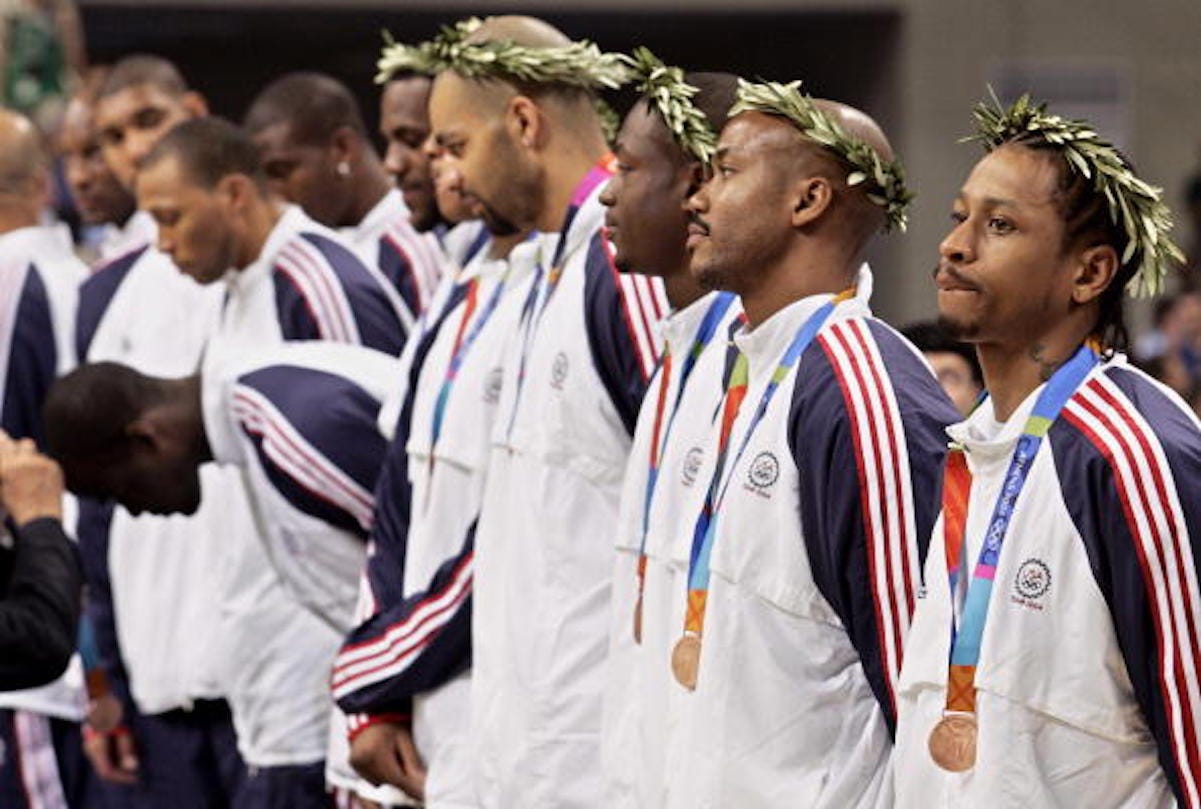Individual Excellence vs. Team Excellence
Last week, when discussing interview candidates of different experience levels, my co-founder Gene asked me, “any thoughts about the biggest learning leaps between year 3 and year 10?” This made me think…
I worked 3 years at Microsoft, followed by 10 years at Google. So between year 3 and year 10 for me would squarely be my early Google years. What did I learn the most during that time?
I grew from a L4 eng to a L7 eng; I led more projects; I became a manager, and team size grew; I had more achievements under my belt; I moved from Pittsburgh to Mountain View and took on a brand new initiative. I became a father and had 2 daughters. A lot happened in those years, but what would I consider as the biggest learning leap?
Then it hit me, it’s the understanding of “Individual Excellence vs. Team Excellence”.
It starts with individual being excellent
Throughout our early education, we understand the individual excellence component. Individually we strive for better knowledge, better grades, better experiences. Of course we were taught of the “teamwork” concept, and there were team projects throughout the journey. But still, for the most part, we are evaluated as individuals.
Applying to college? We are being assessed as an individual.
Graduating from college, and going through a job interview? We are being assessed as an individual.
Got a job and going through performance review? We are being assessed as an individual.
It is an environment of “I need to be excellent”.
Team excellence == sum of individual excellence, maybe?
Then I became a tech lead, and then a manager. I was responsible for the team’s and the product’s success. At this point, “team excellence” became clearly an important aspect for me.
How did I tackle the team excellence challenge? By making sure every individual in the team was excellent.
I hired the best individuals into my team (meaning competing with other hiring managers from the same talent pool); I rewarded my high performing team members with bigger scope and promotions; I managed out low performers.
My teams were always high performing teams. Because I always made sure every team member was excellent individually. I cracked that nut!
Until the Action Ads project.
I briefly mentioned the before-launch moment of the Action Ads project in my tribute to Susan Wojcicki last week. Here I’ll talk about the conception moment.
My team started as a Knowledge Ads project, with the charter of figuring out how to use Knowledge Graph in ads. The original idea was on infra and targeting, and therefore I built the entire team with infra and ML experts.
Action Ads was to build movie streaming ads in the Movie Knowledge Panel. It had a very aggressive launch timeline, and therefore the original proposal by leadership was to ask Google Shopping team to use their existing technology to hack up something. After learning about this, I volunteered my team to build it, truly using the Knowledge Graph technology. I was told we had to hit the original launch timeline, and I took the bet.
The team was really excited, but we realized one issue. No one on the team knew how to make UI changes, and this project needed to make UI changes on google.com knowledge panels.
A team of excellent infra and ML experts can’t make simple UI changes - quite obvious.
I first tried to borrow UI engineers from other teams, but was rejected. We had to be self-sufficient.
I assessed everyone on the team, and made my guess who were more likely to succeed in taking on UI responsibilities. I then talked to them in private, and convinced them to give it a try, with a promise that I would focus on hiring UI engineers if this became an ongoing need.
It worked. 3 months of heavy engineering later, we were technically ready, thus enabling that before-launch moment of beach walk.
True team excellence == individuals do what makes team better
Those 2 infra and ML expert engineers who took on the challenge to tackle UI? They went on to become successful all-around eng leads. They suffered extra burden and uncertainty during the first few months, but it paid off in the long run.
I took away a key lesson as well, building a solid team does not mean building a team of solid people of the same skills.
Change is the only unchanged nature of our business, and diversity and open-mindedness are the most critical components to defend against unknown future change.
As a leader, it’s my responsibility to assess what my team’s weakness will be in the event of unknown future changes, and work on mitigation plans accordingly.
It should be an environment of “Together, we need to be excellent.”
What would you do for your team to maximize team excellence?


